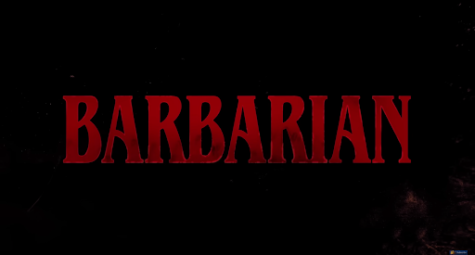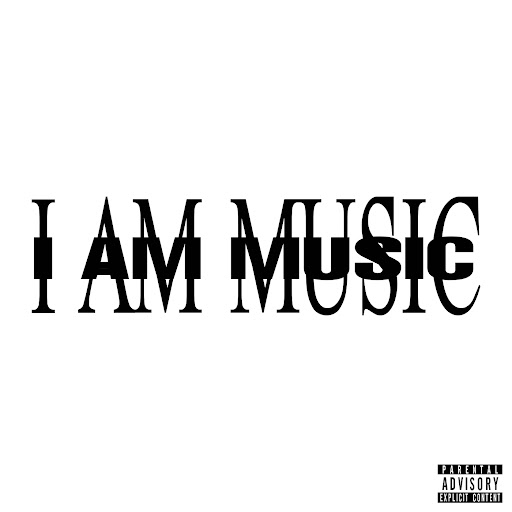
“Barbarian,” the new stand-alone horror film written and directed by budding horror auteur Zach Cregger, was released domestically this past Sept. 9.
“Barbarian” marks the first time that the multi-hyphenate has dipped into the horror genre, assembling an intimate cast of both well-known, and somewhat obscure actors. This cast has guided Cregger’s unconventional vision to a strong box-office showing and a substantial outpouring of critical praise on its opening weekend.
The film is anchored by a stellar performance from Georgina Campbell, who plays a young woman named “Tess.” The character is mistakenly double booked in an Airbnb on the outskirts of Detroit Michigan with a mysterious, and somewhat sinister seeming man named “Keith.” The man is played by the former Pennywise actor, and a generally unsettling screen presence, Bill Skarsgård. There’s an assist with a deliberately-deplorable performance from Justin Long, who plays an actor named “AJ,” caught in the middle of a “Me Too” Esque scandal that’s threatening to end his career.
This seemingly-simplistic framework allows the film to break off into a variety of unpredictable, and chaotic directions. Directions that do not entirely stick their cinematic landings, or catapult this film onto any horror fan’s personal shortlist. But the film’s bold, and oftentimes digressive creative swings make “Barbarian” the most unique, and jarring viewing experience since 2018’s “Hereditary.”
The quality of the film is a considerable step down from, “Hereditary” — and frankly, a cinematic B-minus that’s sure to have its fair share of detractors and internet backlash — in large part due to the “AJ” character’s lack of moral compass and Cregger’s choice to infuse his script with some not-so subtle social commentary. “Barbarian” is still without a doubt worthy of a watch.
The film constantly subverts expectations by continually twisting and turning its way towards a divisive conclusion; one that had viewers’ emotions ranging everywhere from elated to disgusted. Regardless of the precise emotions invoked by “Barbarian,” viewers will struggle to get the films and its themes out of their heads. Any piece of art that provocative is worth supporting.
While a $10-million box office showing is by no means a blockbuster, the film’s ascension to the top earning spot can be attributed to its lack of competing releases. But for a movie as niche and depraved as “Barbarian,” being number-one at the box office is a minor miracle. Most movies in this mold have failed to make their money back coming out of the pandemic, with many films similar in scale and budget going straight to streaming services, and fading quickly into the pop-culture periphery.
On its surface, “Barbarian” is one of these movies. An original story, written by a director without much credibility within the genre, with no established intellectual property attached to it, and no A-list stars to bolster fan interest. Nine times out of ten, a movie like this bombs at the box office, but not this one. “Barbarian” is thriving, and it’s thriving for all the right creative reasons.







